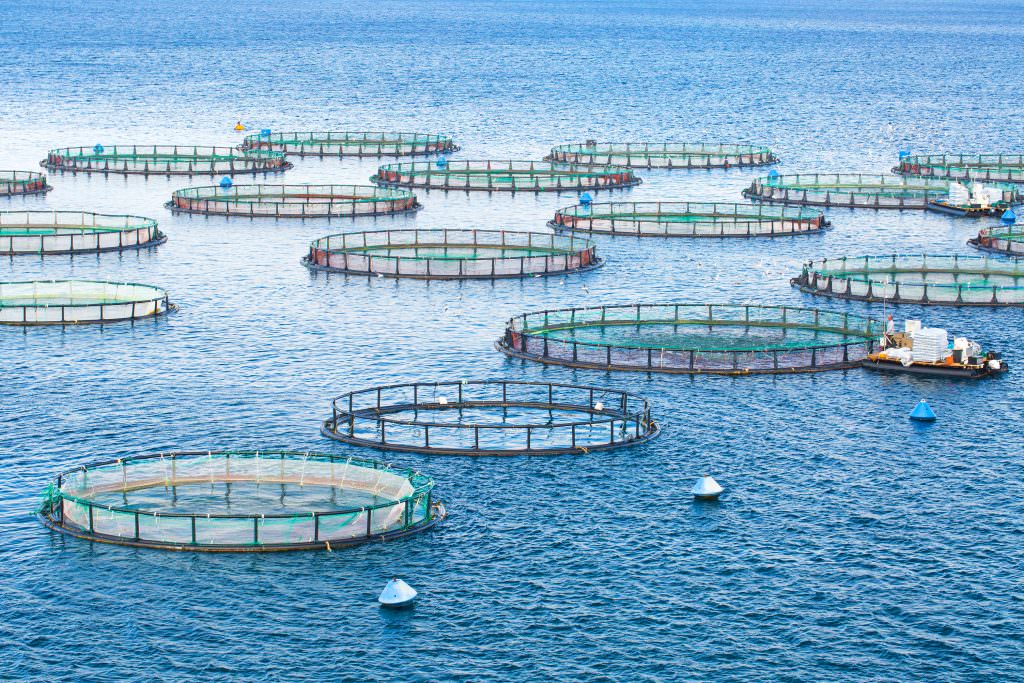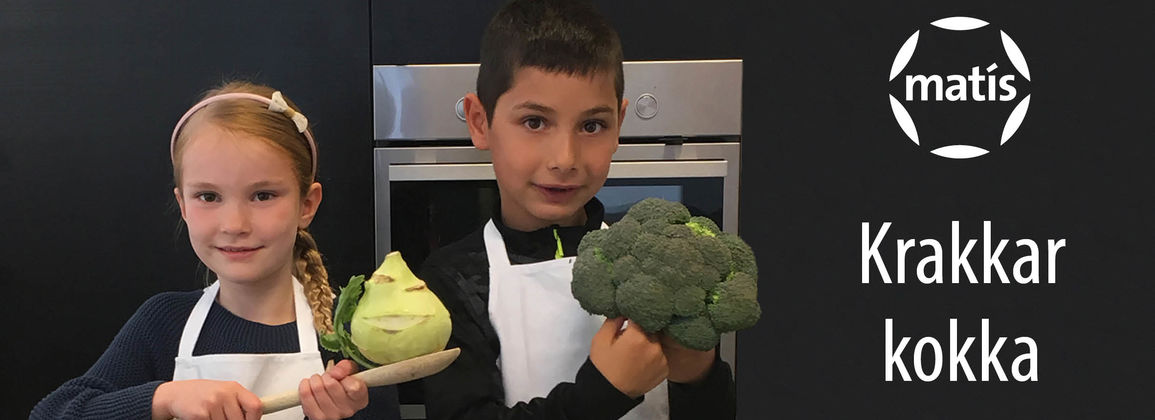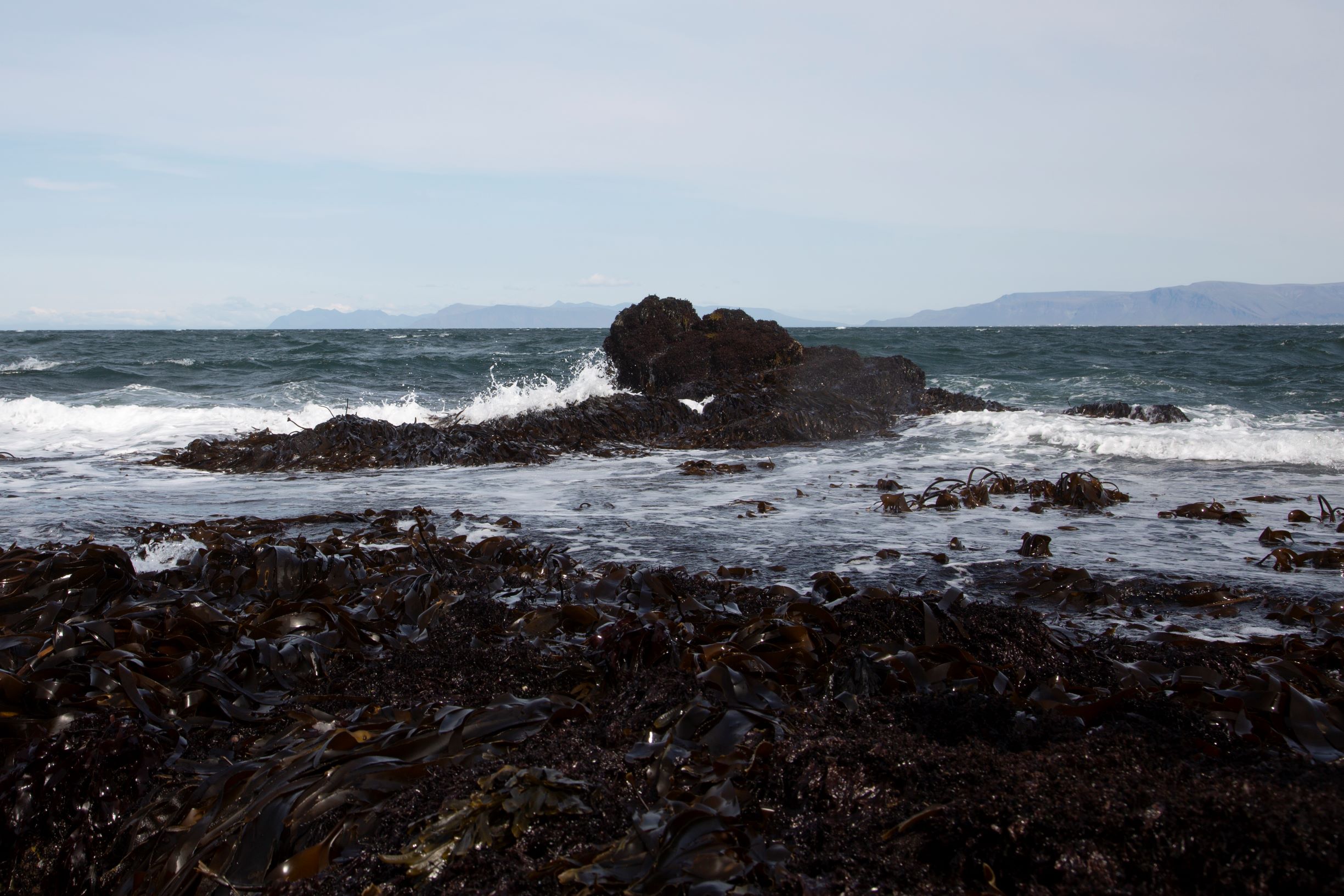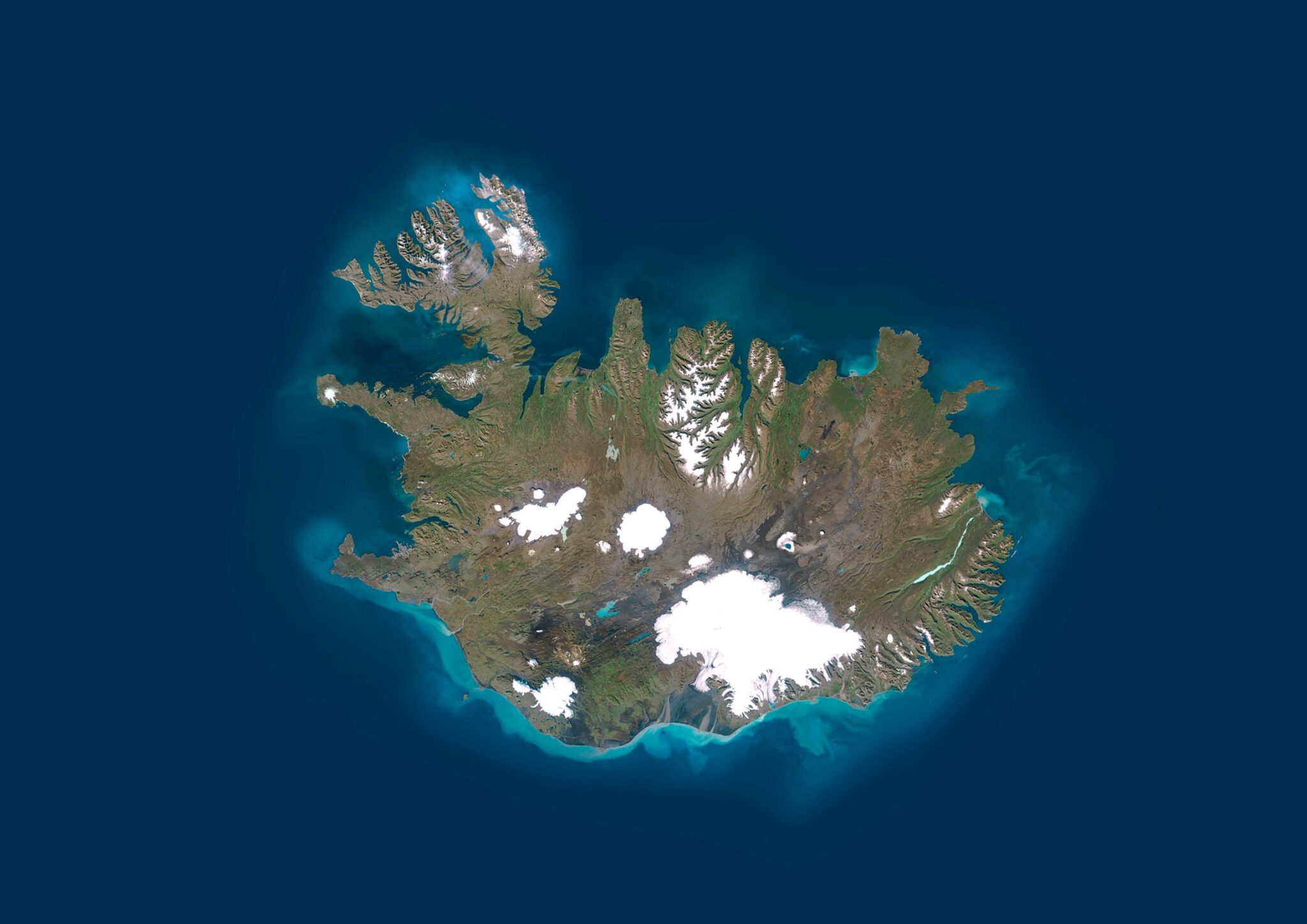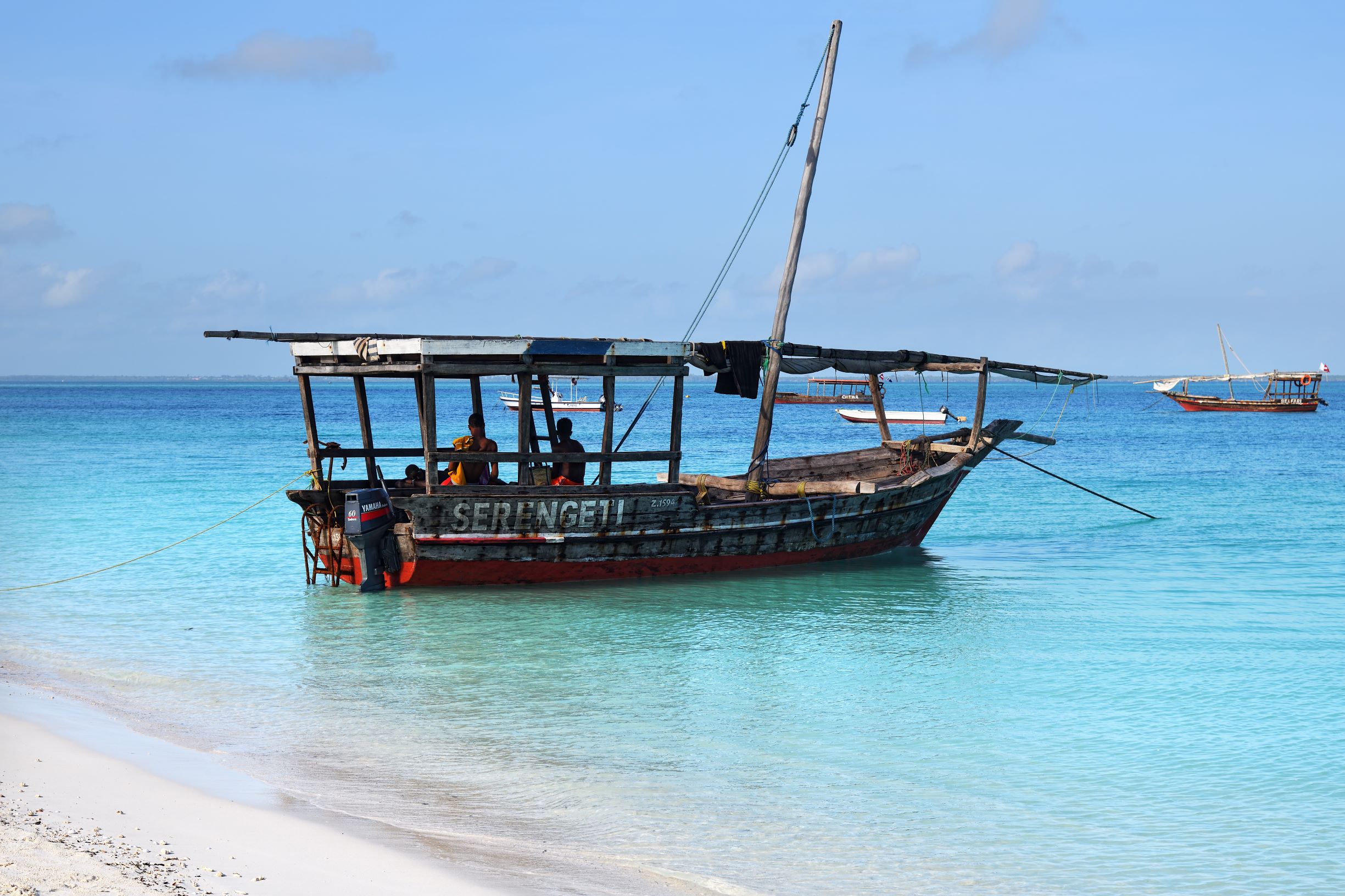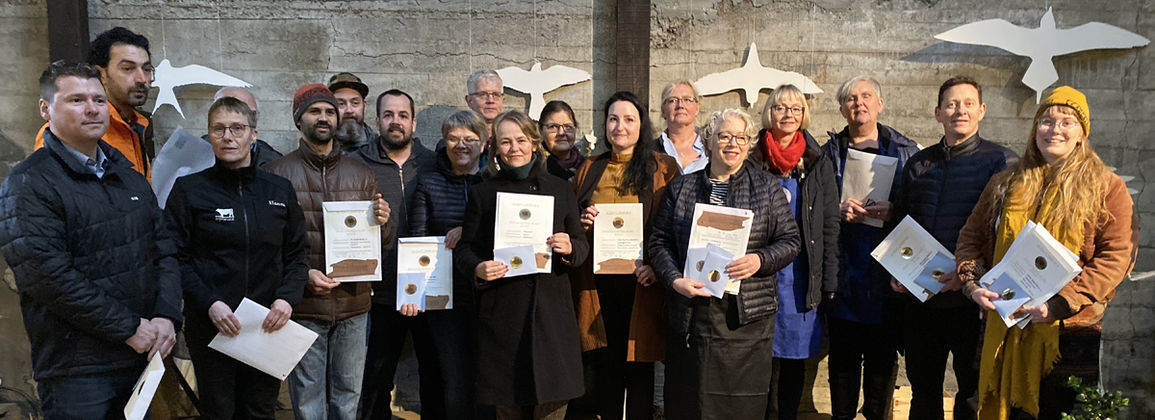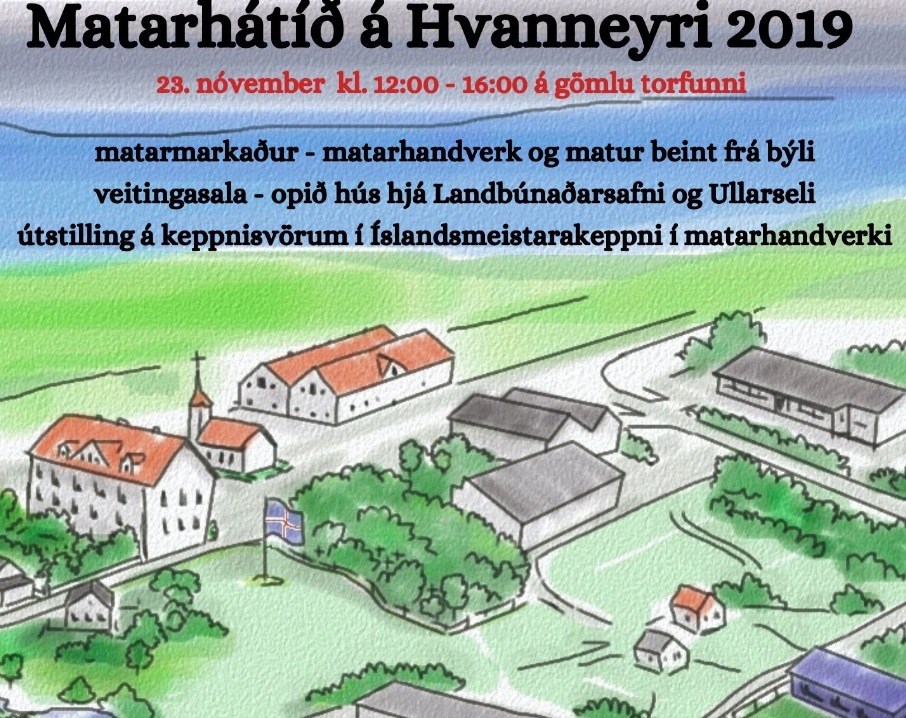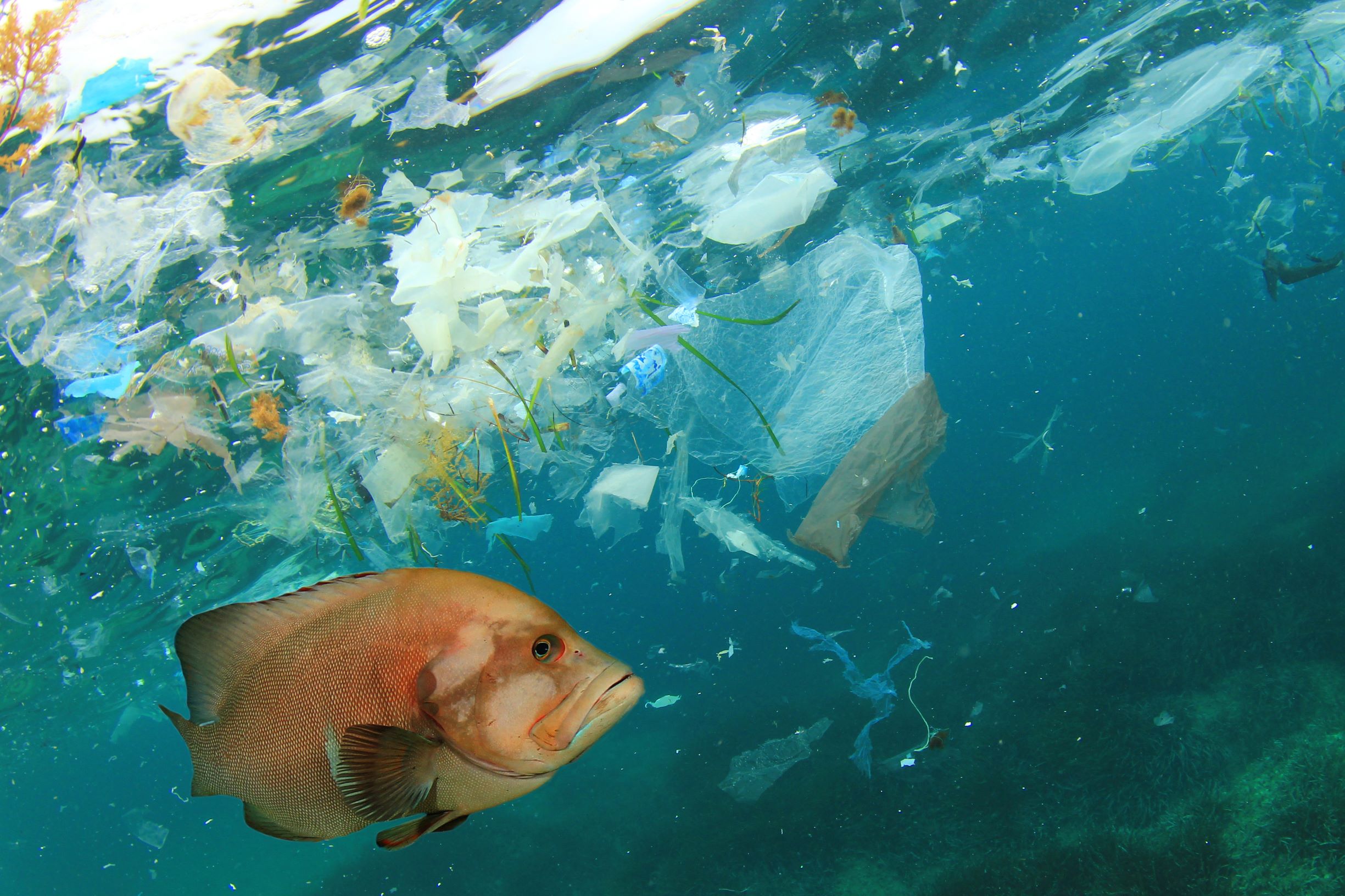Two new articles in Icelandic Agricultural Sciences
Tvær nýjar greinar voru að birtast í hefti 32/2019 alþjóðlega vísindaritsins Icelandic Agricultural Sciences (www.ias.is). Fyrri greinina má nálgast hér: https://ias.is/wp-content/uploads/2019/12/IAS-2019-6-Bjorn_Gudmundur_Arngrimur_Thorsteinn_61-74.pdf Greinin, Úrkoma, afrennsli […]
Two new articles in Icelandic Agricultural Sciences Nánar »

